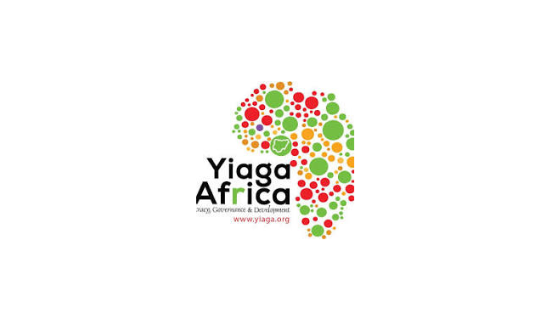Yiaga Africa, a civil society organization dedicated to promoting good governance and electoral integrity in Nigeria, has issued a compelling call for the criminalization of electoral fraud as a crucial step towards sanitizing the nation’s electoral processes. The organization argues that the current electoral landscape is marred by a range of malpractices, including vote buying, violence, thuggery, and manipulation of results, all of which hinder the election of credible political representatives and undermine the democratic principles upon which the country is founded. The organization’s Executive Director, Samson Itodo, emphasizes the urgent need for stricter laws, robust enforcement, and public reorientation to combat these detrimental practices.
Itodo paints a stark picture of the current political climate, highlighting the insidious influence of money in politics. He points out that individuals with significant financial resources are increasingly “buying their way” into positions of power, displacing competent individuals with those who prioritize personal gain over public service. This disturbing trend, he argues, has led to a dangerous erosion of democratic ideals, where meritocracy is sacrificed at the altar of financial clout. The pervasiveness of poverty, he further notes, has become a weapon in the hands of unscrupulous politicians who exploit the vulnerable for electoral advantage. This manipulation, Itodo warns, perpetuates a vicious cycle of poverty and undermines the very fabric of the democratic process.
Central to Yiaga Africa’s advocacy is the demand for more stringent legislation that explicitly criminalizes vote buying, thuggery, and other forms of electoral malpractice. Itodo argues that existing provisions in the Electoral Act, primarily addressing bribery and conspiracy, are insufficient to address the complexities and pervasiveness of electoral fraud. He calls for a more precise definition of vote buying within the legal framework, coupled with the rigorous prosecution of both the sponsors and agents involved in these illicit transactions. He emphasizes the importance of holding accountable those who orchestrate and perpetuate these corrupt practices, sending a clear message that such behavior will not be tolerated.
Beyond legal reforms, Itodo stresses the crucial role of public awareness and education. He advocates for continuous public reorientation campaigns to educate citizens about the detrimental effects of vote buying and other electoral malpractices. By fostering a deeper understanding of the insidious nature of these practices, Yiaga Africa aims to empower citizens to resist manipulation and make informed choices during elections. This, in turn, will create a more informed and engaged electorate, capable of holding their elected officials accountable.
Itodo underscores the urgent need to address the root causes of electoral violence and intimidation. He observes that many politicians are driven by an insatiable thirst for power, willing to resort to violence and intimidation to achieve their aims. Yiaga Africa’s commitment to exposing electoral fraud, he asserts, is essential to holding these individuals accountable. He warns that the failure to address these issues will lead to voter apathy, further eroding the legitimacy of the electoral process. The organization’s unwavering dedication to transparency and accountability, Itodo insists, is crucial for ensuring that the voices of the people are heard and respected.
Itodo concludes with a powerful appeal for increased voter participation. He emphasizes that a robust voter turnout is essential for ensuring credible and meaningful elections. He argues that low voter turnout creates an environment conducive to manipulation and fraud. Conversely, a high voter turnout, coupled with public vigilance and insistence on adherence to electoral rules, can significantly curtail the ability of political actors to manipulate the electoral process. Itodo’s message is clear: the future of Nigeria’s democracy rests on the active participation of its citizens, demanding free, fair, and credible elections.














